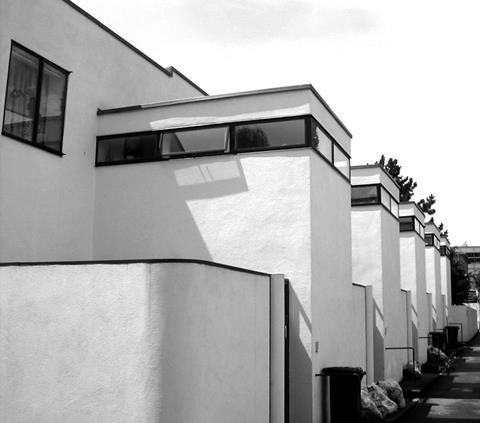This thought might be obvious, though of course there are plenty of people who are prepared to deny it in the interests of some cherished idea of mobility. But if we look into what it means, I believe we will come to see that it is a thought that we all share. We are, as the Germans put it, heimatlich creatures — we have an inherent need to belong, and to belong somewhere, in a place to which we commit ourselves as we commit ourselves to the others who also belong there. This thought is disparaged by those who see only its negative side — the side that leads to belligerent nationalism and xenophobia. But those are the negative by-products of something positive, just as the international style was the negative by-product of a laudable desire to soften the barriers and smooth out the suspicions that had been brought into prominence by World War I.
The evidence is overwhelming that ugly and impersonal environments lead to depression, anxiety and a sense of isolation and that these are not cured but only amplified by joining some global network in cyberspace. We have a need for friends, family and physical contact; we have a need to pass people peacefully in the street, to greet each other and to sense the safety of a cared-for environment that is also ours. A sense of beauty is rooted in these feelings, and it is the principal reason why people fight to preserve it and to defeat whatever ugly development is about to be dumped in the field or the street next door.
Roger Scruton
CONNECT












































































































































































No comments:
Post a Comment